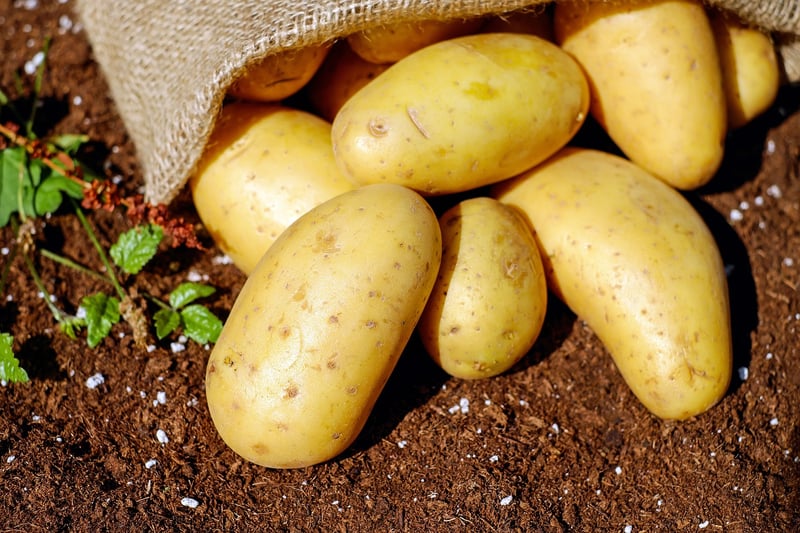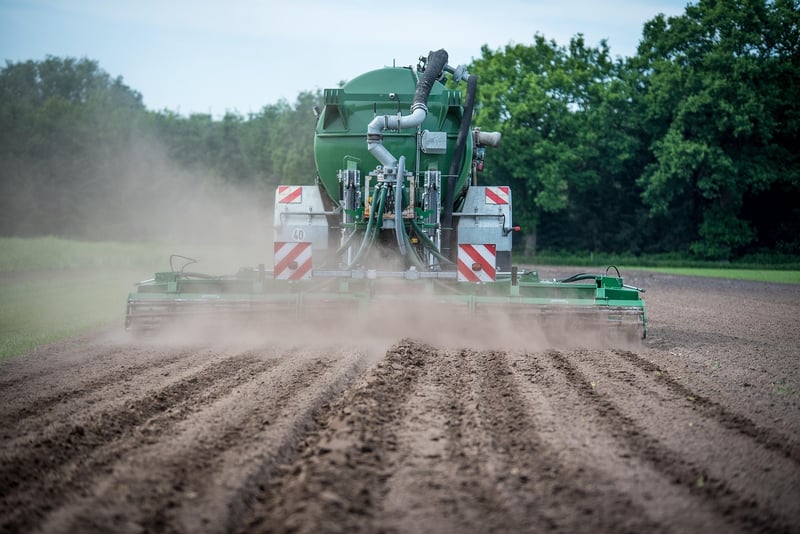Fertilization
Enhance Plant Growth with Optimal Soil and Fertilization
Proper soil quality and fertilization are essential factors for promoting healthy plant growth. By understanding the importance of these elements and implementing best practices, you can create an environment where your plants thrive. Let's explore how you can enhance plant growth through optimal soil and fertilization.
Benefits of Optimal Soil
Quality soil provides a stable foundation for plants to establish strong root systems and access essential nutrients. Here are some key benefits of optimal soil:
- Improved water retention
- Enhanced nutrient uptake
- Better root development
- Increased microbial activity
- Reduced risk of soil-borne diseases

Choosing the Right Fertilizer
Supplementing soil with the right fertilizer can provide plants with the necessary nutrients they need to grow and thrive. Consider the following when selecting a fertilizer:
- N-P-K ratio (Nitrogen, Phosphorus, Potassium)
- Slow-release vs. quick-release fertilizers
- Organic vs. synthetic fertilizers
- Micro and Macronutrient content

Best Practices for Application
When applying fertilizer, it's crucial to follow best practices to avoid over-fertilization or nutrient imbalances. Here are some tips:
- Read and follow the instructions on the fertilizer label
- Avoid applying fertilizer directly to plant leaves
- Water plants after fertilizing to help nutrients reach the roots
- Apply fertilizer during the plant's active growth phase
Monitor and Adjust
Regularly monitor your plants for signs of nutrient deficiencies or excesses. Adjust your fertilization schedule and soil amendments as needed to maintain optimal plant health.
By prioritizing optimal soil quality and fertilization practices, you can create an environment where your plants flourish and thrive. Remember, healthy soil leads to healthy plants!
